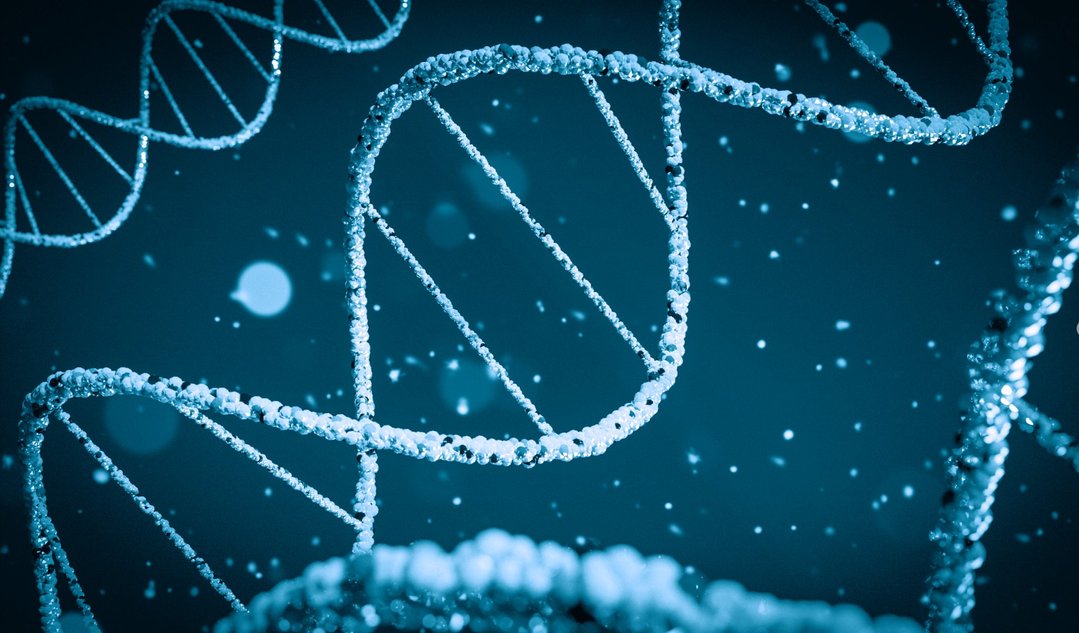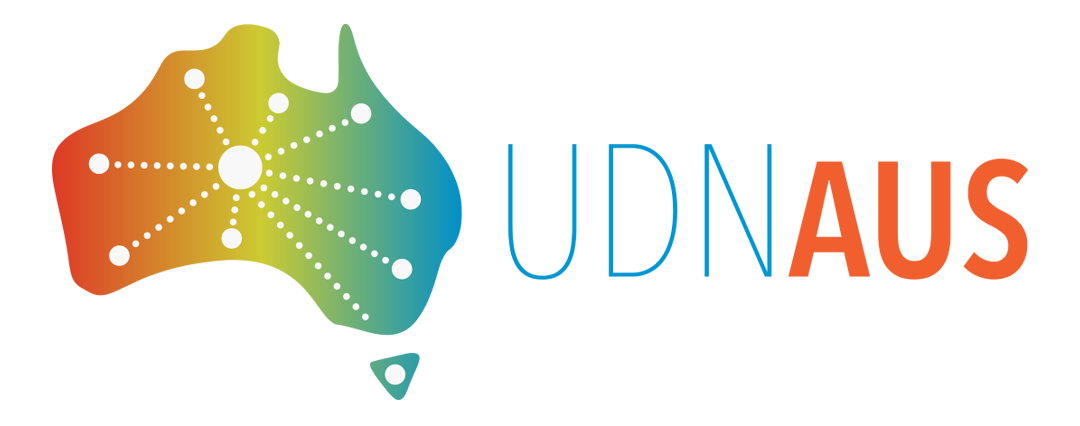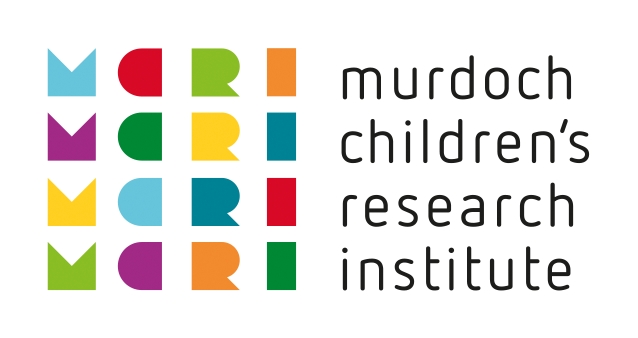UDN-Aus recruitment has now closed.
We are now in the process of ensuring data analysis and result return to all enrolled families throughout 2026.

The Australian Undiagnosed Disease Network (UDN-Aus)
An internationally networked national approach for transforming diagnosis for individuals living with rare disease
“In Australia, a disease is considered rare if it affects fewer than 5 in 10,000 people. There are more than 7,000 rare diseases that are life threatening or chronically debilitating. Around 8% of Australians (2 million people) live with a rare disease. About 80% of rare diseases are genetic.”
Australian Government | Department of Health and Aged Care
The Australian Undiagnosed Disease Network (UDN-Aus) is a national initiative funded by the Medical Research Future Fund’s Genomic Health Futures Mission (GNT2007567), aiming to improve the rate of genomic diagnoses to over 70% for those with undiagnosed rare genetic conditions, enabling precise, personalised care to individuals throughout Australia. Read More.
UDN-Aus proudly brings together a national team of medical specialists, diagnostic laboratories, computing experts, consumers, and researchers to harness the latest genomic technologies and emerging computer and laboratory-based tools to boost the diagnosis in these unsolved cases.
Who
Enrolment criteria have been developed in consultation with our Community Advisory Committee.
These criteria will be iteratively reviewed over the course of the program, so we can learn key lessons from this process and adapt if required.
UDN-Aus is committed to transparency in how patients are considered for inclusion into this study.
Full criteria for enrolment can be found here.
What
The UDN-Aus project involves individuals living with undiagnosed rare diseases who have had all available genetic/genomic testing through their local Genetics Service and remain undiagnosed. The genetic information from their previous testing will be reanalysed by their clinicians and further testing will be arranged as needed, with consent of the participant and/or their family.
For interested researchers and clinicians:
Participation in UDN-Aus involves reanalysis of existing genomic data for patients who have already had clinical exome/genome sequencing, through the newly developed Seqr platform. Seqr is an open-source, web based tool for clinicians and researchers to work collaboratively to support gene discovery in rare disease. To read further information (targeted to researchers and clinicians) about Seqr and to view the Seqr paper, visit their dashboard here.
Following reanalysis, further functional and targeted analysis will be arranged as needed through direct engagement with international and national initiatives, in order to garner evidence to support diagnosis.
Where
UDN-Aus is an initiative developed for adults and children living in Australia. Local clinical leads across the country collaborate closely with each participant’s Clinical Genetics team. Further investigations to support genetic variations identified by the clinical team involve expert national and international collaborators.





















